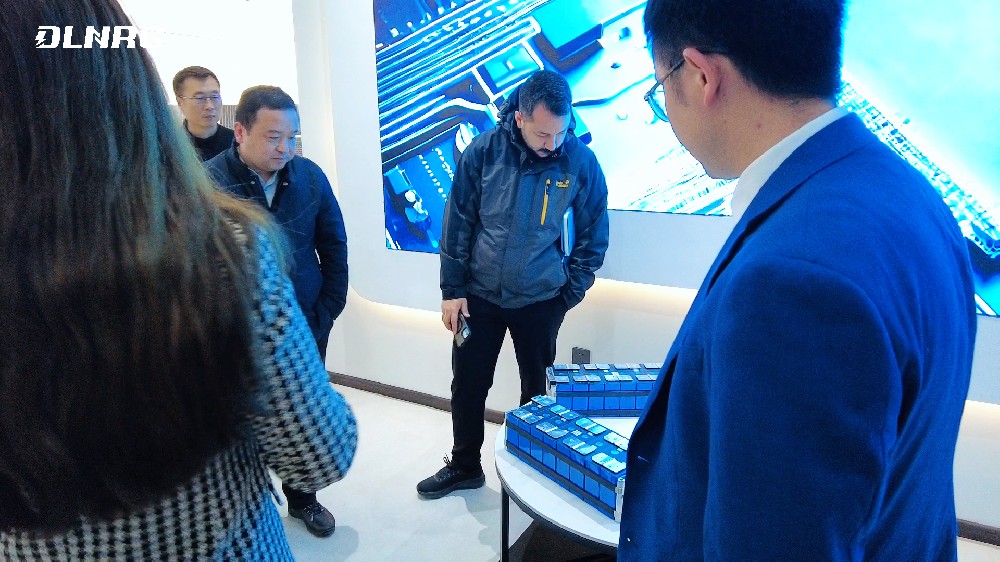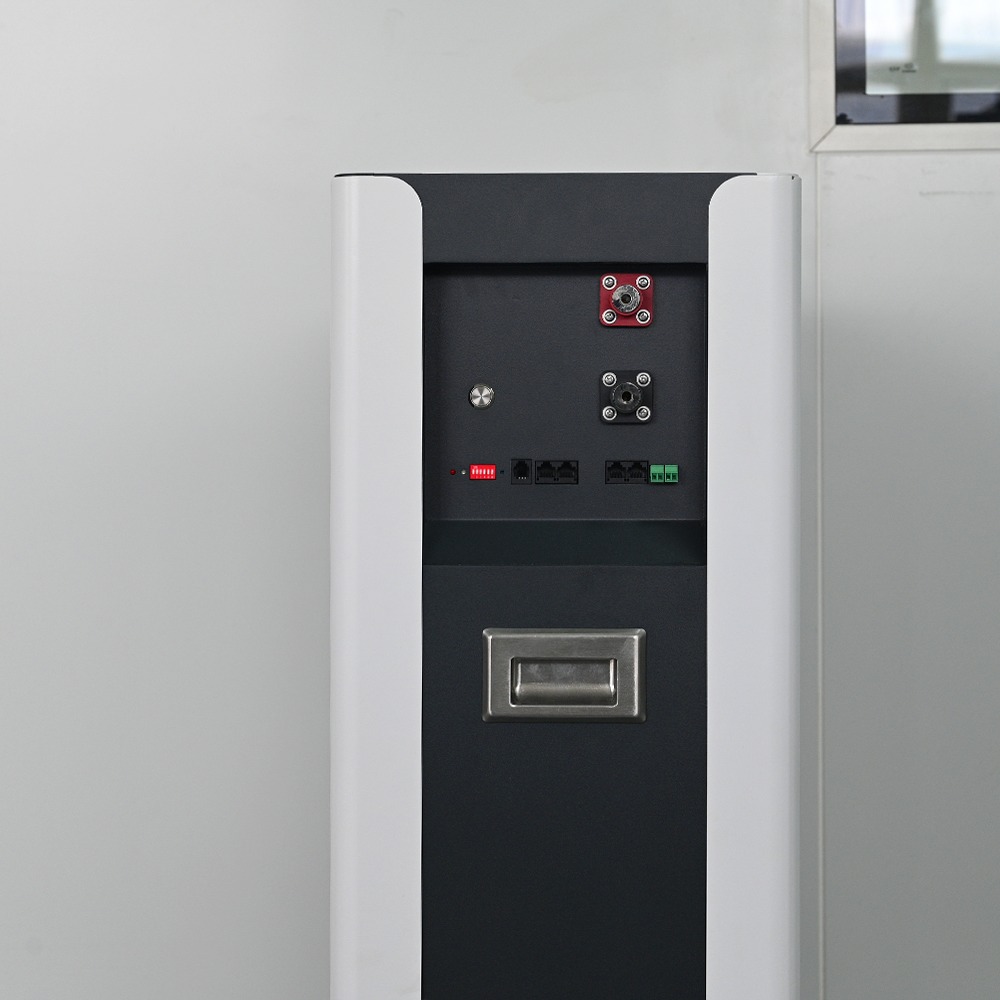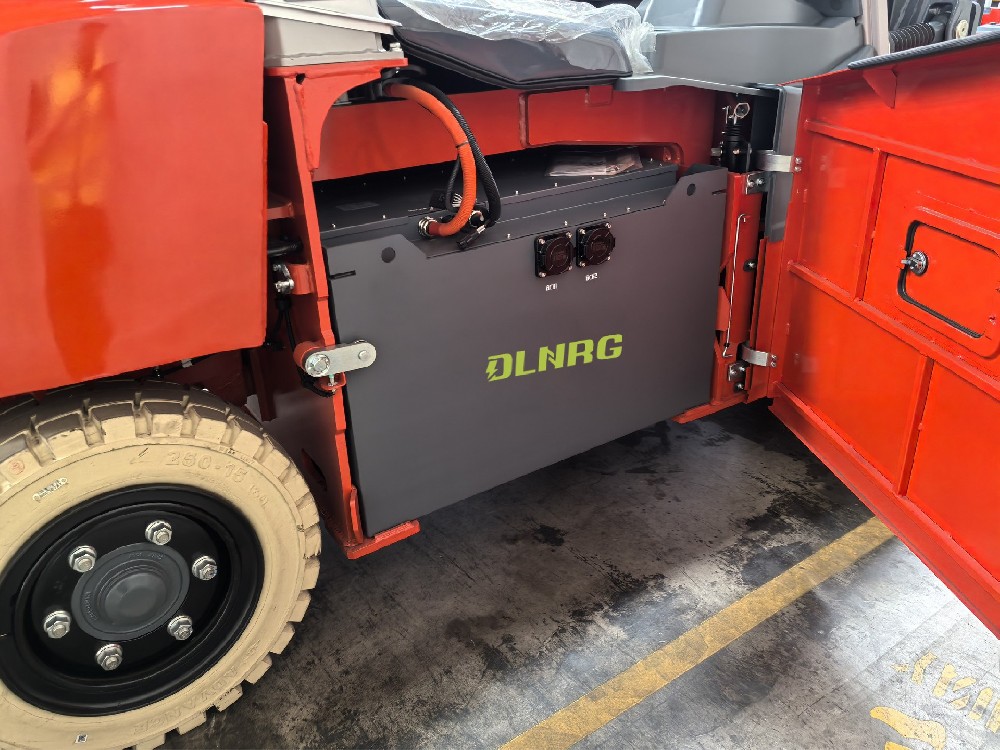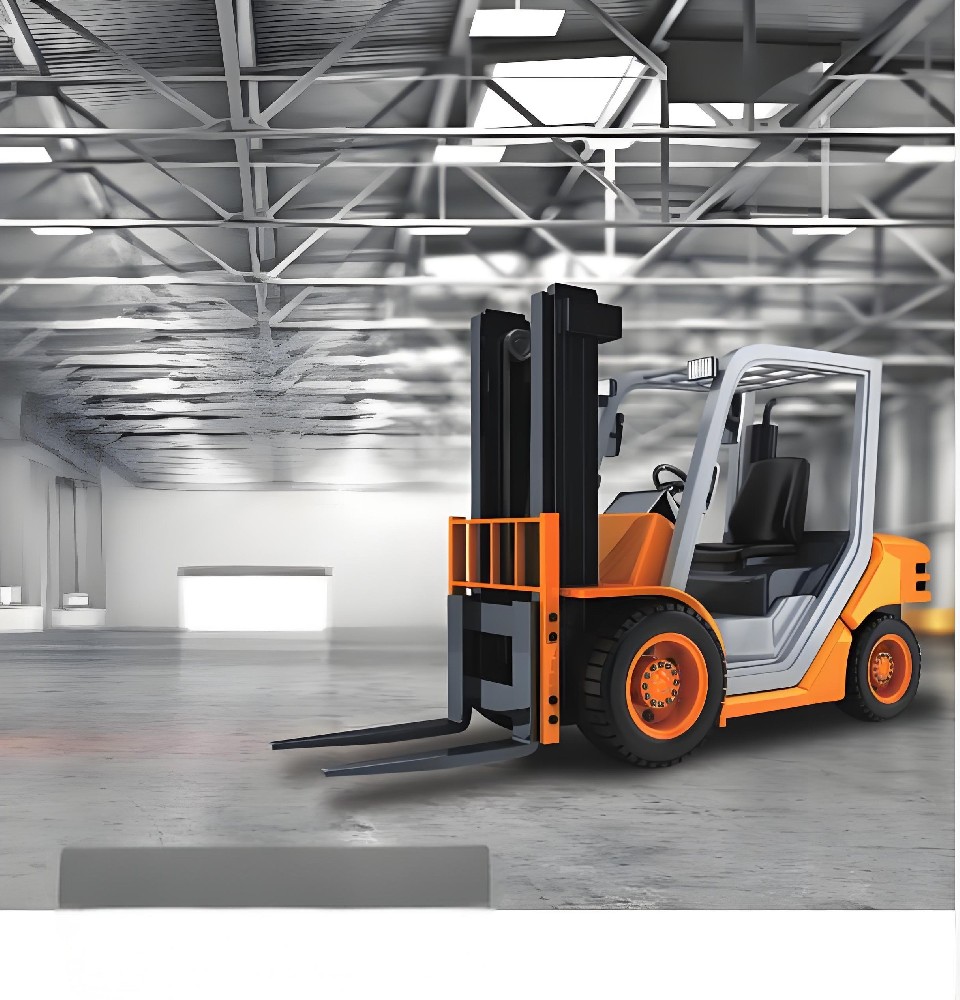Significantly improve financial performance and productivity
By converting their forklift fleet to lithium batteries, companies are able to significantly reduce maintenance and operating costs while increasing overall productivity. The long life and low maintenance requirements of lithium batteries allow equipment to operate efficiently for longer.
Creating a safer working environment
Compared with traditional lead-acid batteries, lithium batteries are safer and more stable. They present no risk of overheating or acid gas leaks, providing a safer working environment for employees.
Flexible fast charging mode
Lithium-ion batteries support flexible and fast charging modes that can be customized according to the company's operating plan. This means companies can manage their material handling fleets more efficiently, ensuring equipment is always in optimal condition.
Addressing labor shortages
The adoption of automated guided vehicles (AGVs) and autonomous mobile robots (AMRs) powered by lithium batteries could address the long-standing labor shortage problem in the manufacturing industry. These automated machines can take over heavy and repetitive work, allowing employees to focus on more value-added tasks.
Extend equipment life
Lithium-ion batteries have longer service life and better performance than lead-acid batteries. They reduce wear and tear on equipment and provide more stable voltage, thereby extending the life of the equipment.
Improve equipment utilization
Lithium-ion technology allows for the flexibility to configure the power pack to suit any specific task and type of material handling equipment used in the manufacturing process. This helps companies optimize their forklift fleet configuration, improve equipment utilization, and reduce unnecessary costs.
Supporting the Sustainable Development Goals
Lithium-ion batteries are a non-toxic, safe and clean power source that is in line with the manufacturing industry's pursuit of sustainable development. They can reduce carbon footprint, lower energy consumption and promote greener production methods.
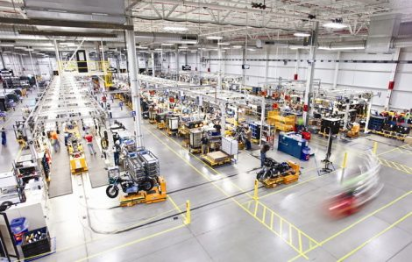
Case Study Analysis
Spirit AeroSystems: By switching to lithium-ion batteries, this aerospace manufacturer has successfully addressed the maintenance issues and reduced uptime associated with lead-acid batteries. The introduction of lithium batteries enables production planning and battery charging to be carried out simultaneously, significantly improving production efficiency.
Briggs & Stratton: This small engine manufacturer achieved significant savings by switching its entire fleet from lead-acid batteries to lithium-ion forklift batteries. The introduction of lithium batteries not only reduces the total cost of ownership but also improves the overall efficiency of warehouse operations.
Specific applications of lithium batteries in manufacturing
Power source for AGV and AMR: Lithium batteries are the best power choice for automated equipment such as AGV and AMR. They provide stable and long-lasting power support, ensuring these devices can continue to operate efficiently.
Optimization of forklift fleets: By adopting lithium batteries, companies can optimize their forklift fleet configuration, reduce the number of unnecessary equipment, and reduce operating costs. At the same time, the introduction of lithium batteries can also improve the utilization and flexibility of equipment.
Data-driven operational planning: Modern lithium-ion batteries support Wi-Fi connectivity, which can provide fleet managers with reliable data on charge status, temperature, energy throughput, etc. This data helps companies plan operations more accurately and improve production efficiency.
in conclusion
In summary, the application of lithium batteries in manufacturing has significant advantages and potential. They can improve a company’s financial performance and productivity, create a safer work environment, address labor shortages, and extend equipment life. At the same time, lithium batteries also support sustainable development goals and are in line with the
manufacturing industry's pursuit of environmental protection and efficient production. Therefore, it is a wise choice for manufacturing companies to switch to lithium-ion batteries in their material handling operations.
